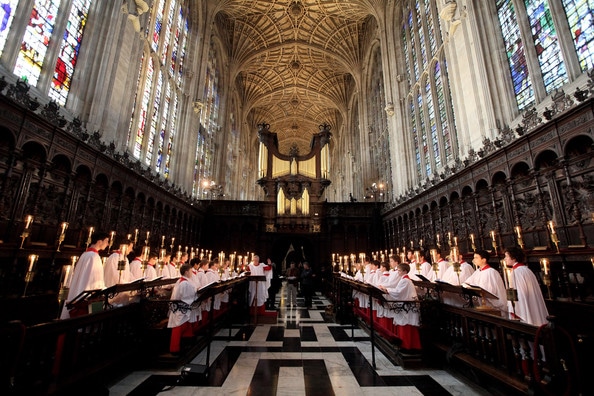Chorus chief: ‘Evidence that choral singing is a high-risk activity is strong’
mainThe following message has been shared with the Association of British Choral Directors by Professor Martin Ashley, editor of ABCD Choral Directions Research:
Since the outbreak of the 2020 coronavirus pandemic, generally referred to as “COVID-19” governments including that of the UK have imposed lockdown on all social gatherings. As governments move towards relaxing restrictions it has emerged that choral singing may need to be one of the last restrictions to be relaxed. The paper reviews the scientific evidence that underpins this perception and considers the position of choral directors. Evidence that choral singing is a high-risk activity is strong, but ultimate decisions on the future of choirs will need to be taken by choir directors and managers through an informed risk analysis. The paper considers the specific case of English cathedral choirs where both children and adults sing together in unusually large spaces. It draws on a survey of members of the Cathedral Organists Association and evidence from Norway and Sweden where choral singing has either resumed under strictly limited conditions or, in one case of a boys’ choir, never ceased. Conditions under which English cathedral choirs as a specific category might resume singing are considered. The conclusion is that a limited resumption may be possible, but this must still be treated as a high-risk activity and does not apply generally across all sectors of choral singing.”
In writing this, I have raised some hope that we might hear some cathedral or similar choirs perform together before the end of this year. One thing we need to accept is that there is no blanket, “one size fits all” way out. Some countries appear to have been more successful than others. My paper cites data from Norway where choirs have restarted, but as of 22nd May, the death rate in Norway had been 44 persons per million as opposed to 538 per million in the UK. Even within the UK, death rates and other indicators vary by region, by urban/rural location, by social class, by ethnicity and, most significantly, by age. I said, “cathedral or similar”. The point here is that most cathedral choirs have children as their top line. The balance of the papers I have read up to now is that children are the lowest risk group, though uncertainty exists as to whether children who appear perfectly healthy might spread the virus to their families. Some papers I have read say they might, others that they probably won’t. Reading more and understanding that topic better is my task for this week. At least I will be focussing on something a little more specific. I was going to suggest (I hope I am forgiven) that the presence of young choral scholars and the such like also brings down the average age of ATB lines in cathedrals to lower than would be the case in parish or many secular choirs. A newly published study from France that I read only this morning already counteracts this. The study concludes that children of chorister age are low risk, but young people of sixth form age are more like the general population. And so it goes on!
One issue raised in the excellent RSCM webinar which some of you will have seen last Friday was that we are now in danger of sleepwalking into illogical disparity. Football matches might be played in closed off stadia, but choirs may not sing in closed off cathedrals. The very choristers who might not be allowed to sing in their cathedrals might sing in their schools if those reopen! We are back to wondering what scientific papers are published on aerosols in large enclosed spaces (cathedrals) and aerosols on spaces enclosed but open to atmosphere (sports stadia) might tell us.
Meanwhile, I conclude with my favourite quote from the RSCM webinar. “An organist is no more dangerous than a priest”. Make of that what you will!







Comments